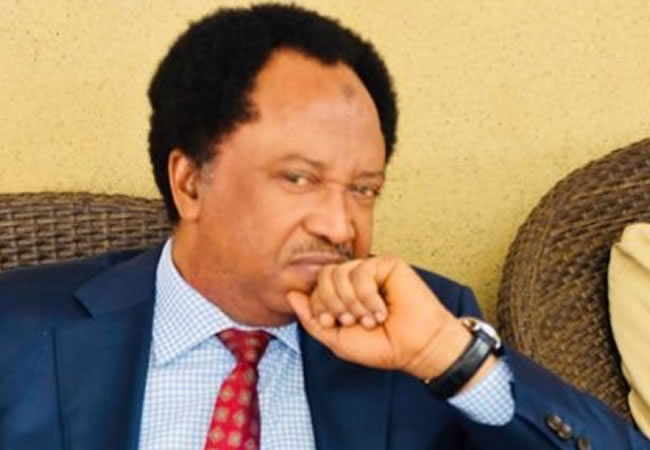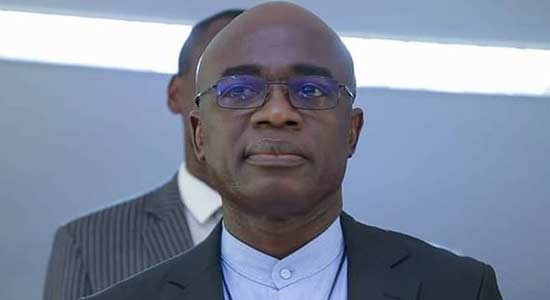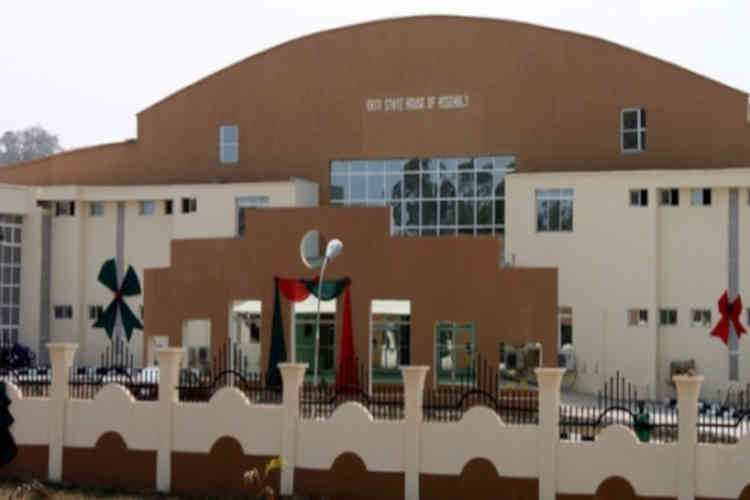The Federation Account Allocation Committee (FAAC), has shared N1.678 trillion among the Federal Government, states and the Local Government Councils (LGCs) for the month of February.
This is according to a communiqué issued by FAAC and made available by Bawa Mokwa, the Director, Press and Public Relations, Office of the Accountant-General of the Federation (OAGF).
According to the communiqué, the total revenue of N1.678 trillion comprised statutory revenue of N827.633 billion and Value Added Tax (VAT) revenue of N 609.430 billion.
It also comprised Electronic Money Transfer Levy (EMTL) revenue of N35.171 billion, Solid Minerals revenue of N28.218 billion and Augmentation of N178 billion.
It said that a total gross revenue of N2.344 trillion was available in the month of February.
“Total deduction for cost of collection was N89.092 billion while total transfers, interventions, refunds and savings was N577.097 billion,’” it said.
The FAAC issued communiqué said that gross statutory revenue of N1.653 trillion was received for the month of February, which was lower than the sum of N1.848 trillion received in January by N194.664 billion.
It said that gross revenue of N654.456 billion was available from VAT in February, lower than the N771.886 billion available in January by N117.430 billion.
The communiqué said that from the total distributable revenue of N1.678 trillion, the Federal Government received total sum of N569.656 billion and the state governments received total sum of N562.195 billion.
It said that the LGCs received total sum of N410.559 billion, and a total sum of N136.042 billion (13 per cent of mineral revenue) was shared to the benefiting states as derivation revenue.
“On the N827.633 billion statutory revenue, the Federal Government received N366.262 billion and the state governments received N185.773 billion.
“The LGCs received N143.223 billion and the sum of N132.374 billion (13 per cent of mineral revenue) was shared to the benefiting states as derivation revenue,” the communiqué said.
It said that from the N609.430 billion VAT revenue, the Federal Government received N91.415 billion, the state governments received N304.715 billion and the LGCs received N213.301 billion.
“A total sum of N5.276 billion was received by the Federal Government from the N35.171 billion EMTL. The state governments received N17.585 billion and the LGCs received N12.310 billion.
“From the N28.218 billion Solid Minerals revenue, the Federal Government received N12.933 billion and the state governments received N6.560 billion.
“The LGCs received N5.057 billion and a total sum of N3.668 billion (13 per cent of mineral revenue) was shared to the benefiting States as derivation revenue,’” it said.
It said that Oil and Gas Royalty and EMTL, increased significantly while VAT, Petroleum Profit Tax (PPT), Companies Income Tax, Excise Duty, Import Duty and CET Levies recorded decrease.









